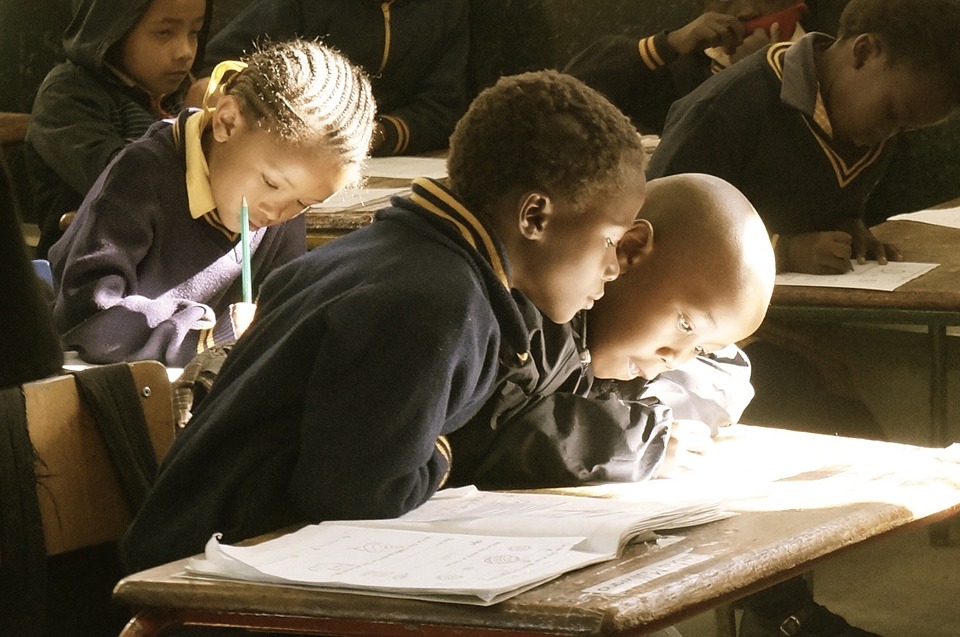There is frequent talk about what black people today receive in the forms of entitlements and welfare, but the dialogue surrounding it never really touches on why such things should be afforded to black people. It also avoids the truth about where welfare goes — the majority of food stamps go to white people. The dimension most often missing from this conversation is the history behind why many black people are at a disadvantage in the socioeconomic sphere. This goes back to — you guessed it — slavery.
Coming out of the status of being enslaved, black people were not afforded many (if any) rights to help establish themselves in society. Along with this lack of rights came racism — outright and institutionalized — which disenfranchised black people, and continues to do so to this day. Now, the tragedies of slavery may have seemingly ended with the Emancipation Proclamation, but its residual effects have spilled over to greatly affect black people today. Laws put into place that essentially built the white middle class in America (such as the GI Bill) have destroyed the chance for black people to build their wealth in the same way.
Based on this, black people should absolutely be afforded some kinds of reparations for slavery. The enslaved African people were kidnapped, sold, tortured and forced into hard labor for hundreds of years, and their ancestors to this day are at a disadvantage in almost every aspect of life. When atrocities are committed, it makes sense to remedy the wrongs and compensate those who are affected. There is never a question as to why Jewish survivors of the Holocaust, Japanese people forced into internment camps or Native Americans forced onto reservations should have been reimbursed; it should be a no-brainer that black people should have been. In fact, these groups have been given some form of reparations and pretty recently, too.
I believe many consider it to be difficult to determine who would deserve reparations if it came down to it, and rightfully so. But it is very possible to accomplish. Though not every black person living in the United States is a direct descendant of a slave, black people in America — no matter the background — are at a disadvantage in many aspects of living. Though some may argue not everyone would deserve to reap the benefits of reparations, the black struggle is not exclusionary. If you are black in America, you carry the history of the black struggle on your shoulders. Because of this reality, if reparations are ever to be awarded, those who identify as black, or who are a product of the African diaspora, should benefit from them.
When reparations for slavery are discussed, the monetary value is often when most people disagree. People want to know where the money will come from and how much will be given and whether it will affect their taxes. People also wonder how it will be calculated. Well, it has been calculated before. University of Connecticut researcher Thomas Craemer estimated the monetary value of what the United States owes black people for reparations is between $5.9 and $14.2 trillion. These numbers account for the hours of labor completed by all slaves multiplied by hourly wages for labor at the time with a compounding interest rate of 3 percent per year. That accounts for the time the United States was officially founded in 1776 to the Civil War in 1865. So, this number leaves out the years of slavery that occurred prior to and after this time frame.
Another problem arises in paying individual persons their allotted amount of money, just to have them go about their daily lives. This money will eventually funnel back into the pockets of oppressors or toward the various vices that currently plague the black community. What many suggest is an institutional approach for the reparations. If the money is used to pay for higher education for black Americans, as well as to fund the organizations that have the black community’s best interests at heart, that would be a better and smarter use of the money overall.
When this topic comes up, what is often lost on people is that giving black people reparations will not fix or undo slavery. Though it would immensely help the black community mobilize and stabilize itself, it will not be sufficient enough to put black people on the same socioeconomic playing field as their white counterparts. What it would do, however, is acknowledge the atrocities black people faced that have been ignored and swept under the rug for so long. This would open up a conversation about a part of American history many white people are ashamed of and have wanted to forget for years. It would force people everywhere to look at the history of this country and admit this country was built on racist principles, a fact which is an atrocity in and of itself.
Hope Hynson is a sophomore journalism major. She can be reached at hopehynson@gmail.com.



